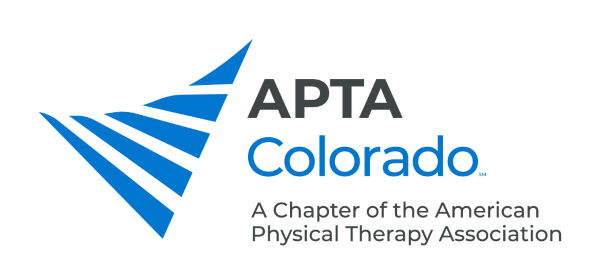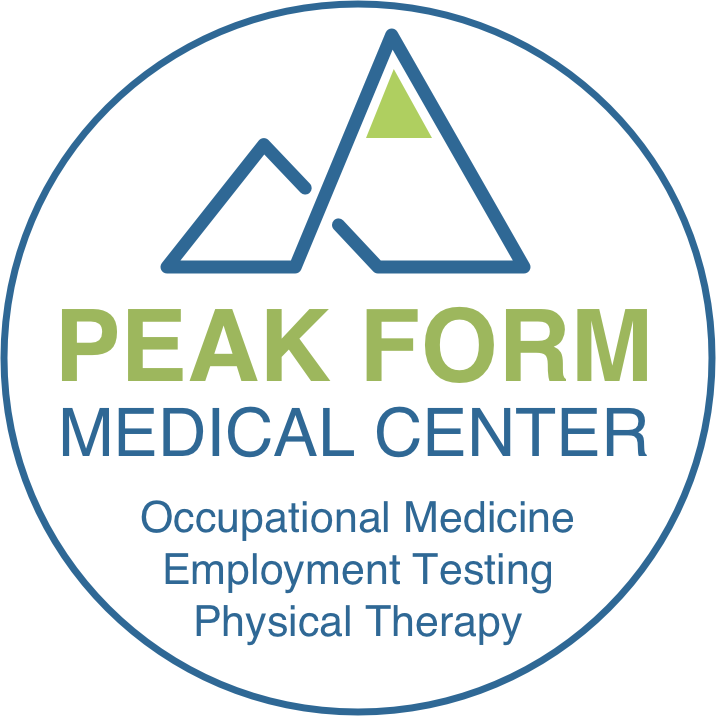APTA-Backed Legislation Would Allow for Inflation-Adjusted Fee Schedule PaymentAPTA The bill could help reverse the Medicare system's downward payment spiral. Now's the time to voice your support. APTA and other organizations have long advocated for reform of the Medicare Physician Fee Schedule, and now Congress may be poised to take a first step to do just that: Bipartisan legislation introduced in the U.S. House of Representatives could help change the fee schedule landscape by allowing annual inflation-based updates to the flawed payment system. The bill, H.R. 2474, proposes a straightforward change: that the conversion factor used to calculate payment for various codes be tied to the Medicare Economic Index, a calculation that accounts for inflation faced by providers relative to practice costs and general wage levels. Use of this index in the fee schedule could pave the way for providers, including PTs, to gain ground in a system that has reduced payment year over year through coding changes and the U.S. Centers for Medicare & Medicaid Services' budget neutrality requirements. The bill was introduced by Reps. Raul Ruiz, D-Calif., Larry Bucshon, R-Ind., Ami Bera, D-Calif., and Mariannette Miller-Meeks, R-Iowa. All four are physicians. The legislation falls squarely in line with the advocacy priorities of APTA and more than 100 other provider and patient organizations that have been pressing for an overhaul of the outmoded fee schedule system. The need for change has been recognized by many lawmakers, including 46 U.S. senators who echoed the call for reform in a November 2022 letter to Senate leadership. APTA urges members, patients, and supporters to use the APTA Patient Action Center to voice their support for H.R. 2474 to lawmakers. Justin Elliott, APTA's vice president of government affairs, says that the fee schedule's current path is unsustainable and is creating major stresses on the U.S. health care system. "Without an inflation-based update, the gap between frozen fee schedule payment rates and rising practice costs due to inflation will continue to widen considerably," Elliott said. "The increasing discrepancy between what it costs to run a practice and actual payment, combined with the administrative and financial burden of participating in Medicare, is contributing to provider burnout while incentivizing market consolidation, which can increase health care costs." If passed into law, the bill would help to change course on that troubling trajectory, which has included recent cuts to the conversion factor and so-called sequestration reductions, with no potential relief in sight until 2026, when a meager 0.25% update is planned... |


